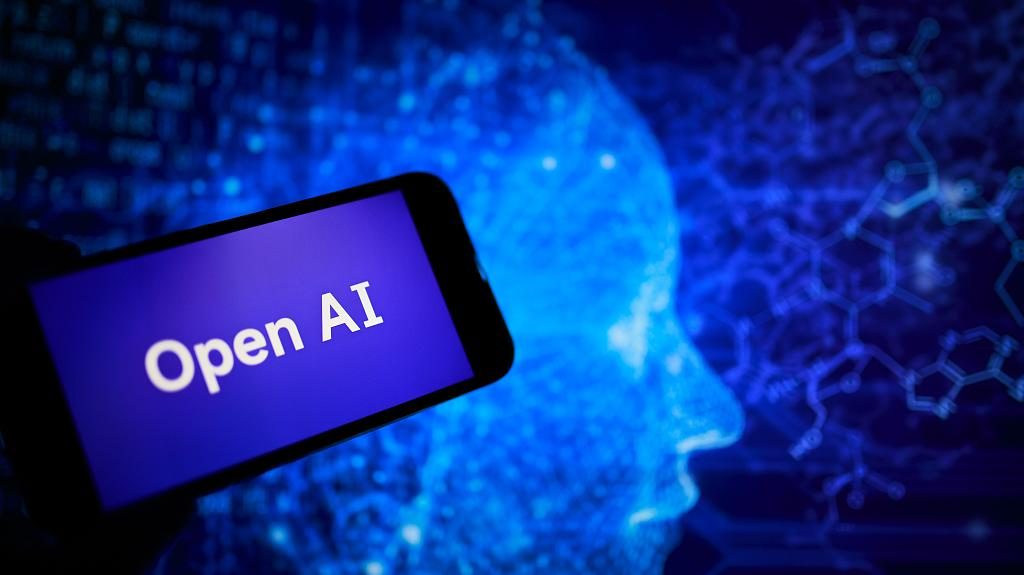
OpenAI also wants to build another "killer" application similar to ChatGPT.
On March 9th, local time, Reuters reported that Sam Altman, founder and CEO of OpenAI, said at the Morgan Stanley conference that the company would focus on building a platform, opening API interfaces to developers and creating "killer apps" like ChatGPT.
At present, the popularity of ChatGPT is high. Internet analyst Similarweb said that since its launch in November last year, the popularity of ChatGPT has soared, and the number of visits to the website has increased from 616 million in January this year to over 1 billion now.
With the rising popularity, the company not only launched the paid service ChatGPT Plus to individual users, but also began to seek cooperation with enterprises. Altman said that OpenAI is working with corporate customers to train models in specific areas in order to effectively reduce the number of errors in AI (Artificial Intelligence) systems.
He mentioned that companies working with OpenAI can use the company’s data and make copies of models to reduce data security problems. For example, he said that Bain & Company, a management consulting company, cooperated with OpenAI to provide personalized advertising copy and images for companies such as Coca-Cola by using its ChatGPT and DALL-E platforms.
In addition, Altman added that individual users should have more control over the way AI (Artificial Intelligence) works. The company said last month that it was upgrading the chat bot to allow users to customize it to solve the error of artificial intelligence. He said, "We will soon introduce more things to give users more control over the system so that it can act in different ways."
Altman also admitted that the accuracy of the current AI system cannot reach 100%, but he predicted that applications such as AI doctors and AI lawyers would soon appear on mobile phones.
In fact, OpenAI announced on March 1st that it had introduced API and allowed any enterprise to build ChatGPT technology in their own applications, websites, products and services. Snap, Quizlet, Instacart and Shopify were early adopters of ChatGPT API.
According to public information, API is an application programming interface, which can realize the communication between computer software. Through API interface, developers can develop applications without accessing source code or understanding the details of internal working mechanism. Amazon’s official website gives an example-the software system of the Meteorological Bureau includes daily weather data, and the weather application on the user’s mobile phone "talks" with the system through the API, and displays the latest weather information every day on the mobile phone.
Previously, Greg Brockman, president and chairman of OpenAI, said that ChatGPT API is supported by GPT-3.5-turbo, a natural language model, in which "turbo" represents an optimized version of GPT-3.5, with faster response speed. This model adopts homologous technology with the popular ChatGPT, which is based on the enhanced version of GPT-3.
TechCrunch, an American technology media, said that the initial motivation of OpenAI to develop GPT-3.5-turbo may be to reduce the computing cost of ChatGPT. Altman once said on Twitter that the cost of ChatGPT’s dialogue with users is "amazing", and each conversation needs to cost a few cents or more.
It is worth noting that a new generation of natural language processing model GPT-4 will be launched next week. On March 9, local time, Andreas Braun, chief technology officer of Microsoft Germany, mentioned in an AI (Artificial Intelligence) activity, "We will launch GPT-4 next week, which will be a multimodal models that can provide completely different possibilities, such as supporting video."
In addition, on March 16th, Microsoft will hold an online activity of "Artificial Intelligence Leading Future Work" to showcase Microsoft’s latest AI technology and discuss the application and development of artificial intelligence in work scenarios.